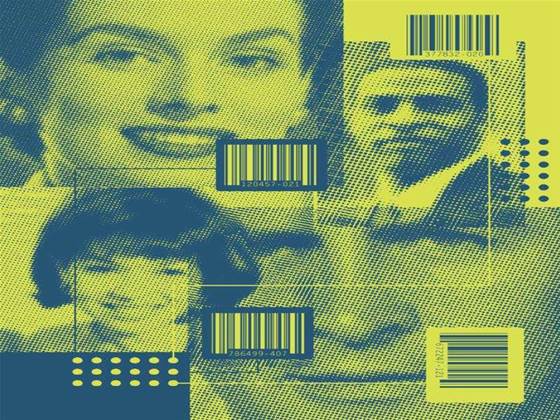The stolen identities allegedly used in the assassination of Hamas official Mahmoud al-Mabhouh are still valid documents for the purposes of conducting business online in Australia, an iTnews special investigation revealed.

Our investigation has revealed that the Federal Department of Foreign Affairs (DFAT) has either failed to cancel the stolen passport credentials of the three Australian citizens used in the attack, or has failed to update the My Passport database used by some Australian financial institutions to verify the identity of new customers.
The investigation also showed that Australia's mass media had amplified the impact on those affected by the identifty theft by publishing their credentials in full online. Of those media outlets publishing images of the victims' passports, only the ABC and the Seven television network obscured sensitive information such as passport number and dates of birth.
The test
Today, we used the details of two victims to open transaction accounts online with Australian financial institutions.
The financial institutions offering these banking and trading accounts used an online verification system from identification company Edentiti. This company used information from public databases, including the telephone directory and Passport Office to confirm the identity of individuals, without the need for them to physically present proof of identity documents.
Edentiti's service is used by financial institutions and betting agencies. It checks the validity of the date of birth and other details on the passport, by accessing the My Passport feature on the department's website.
But although the department's site has the extra step of asking for a mother's maiden name and guarantor's name (presumably, the person who signed the passport photo and application), some implementations of Edentiti used by financial institutions simply check that the passport is valid and details are correct based on date of birth, full name and place of birth.
The application processes required the input of addresses, information easily obtained through simple online searches.
Edentiti founder and chief technical officer Kevin Cox admitted in some cases a passport number, name (at birth) and address would be enough information to pass the verification test, but argued in most cases more information is required.
"The thing about authentication is one source and one source only is not good enough," he said.
Cox said if the passports were cancelled [by DFAT] then they could not have been used to open the accounts.
He said the scenario presented by iTnews highlighted where governments needed to protect the citizens' identities.
"What we want to see in the long run is that whenever your identity is used somewhere, you are informed about it. If these people suddenly got a note saying 'Welcome to the United Arab Emirates' they would have known."
With the increase in online identification, Cox said it was inevitable that identity theft would become easier to perpetrate than identity fraud, which required the creation of a new identity.
"In this way, they've had to steal someone's identity rather than create a fictitious identity," he said.
ITNews is waiting for comment from the Department of Foreign Affairs and Trade.
Elton Cane contributed to this story.





_(23).jpg&h=140&w=231&c=1&s=0)





 iTnews Benchmark Awards 2026
iTnews Benchmark Awards 2026
 iTnews Executive Retreat - Security Leaders Edition
iTnews Executive Retreat - Security Leaders Edition
 iTnews Cloud Covered Breakfast Summit
iTnews Cloud Covered Breakfast Summit
 The 2026 iAwards
The 2026 iAwards












_(1).jpg&h=140&w=231&c=1&s=0)



